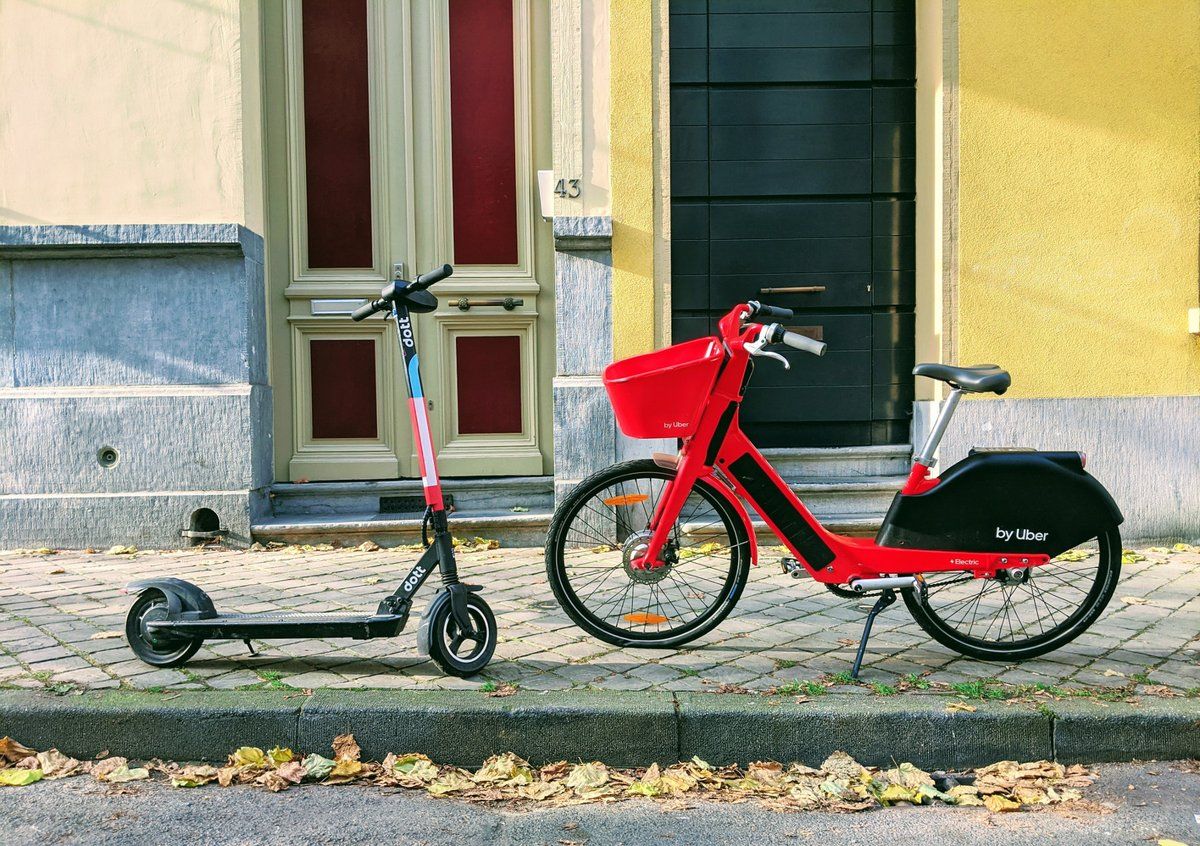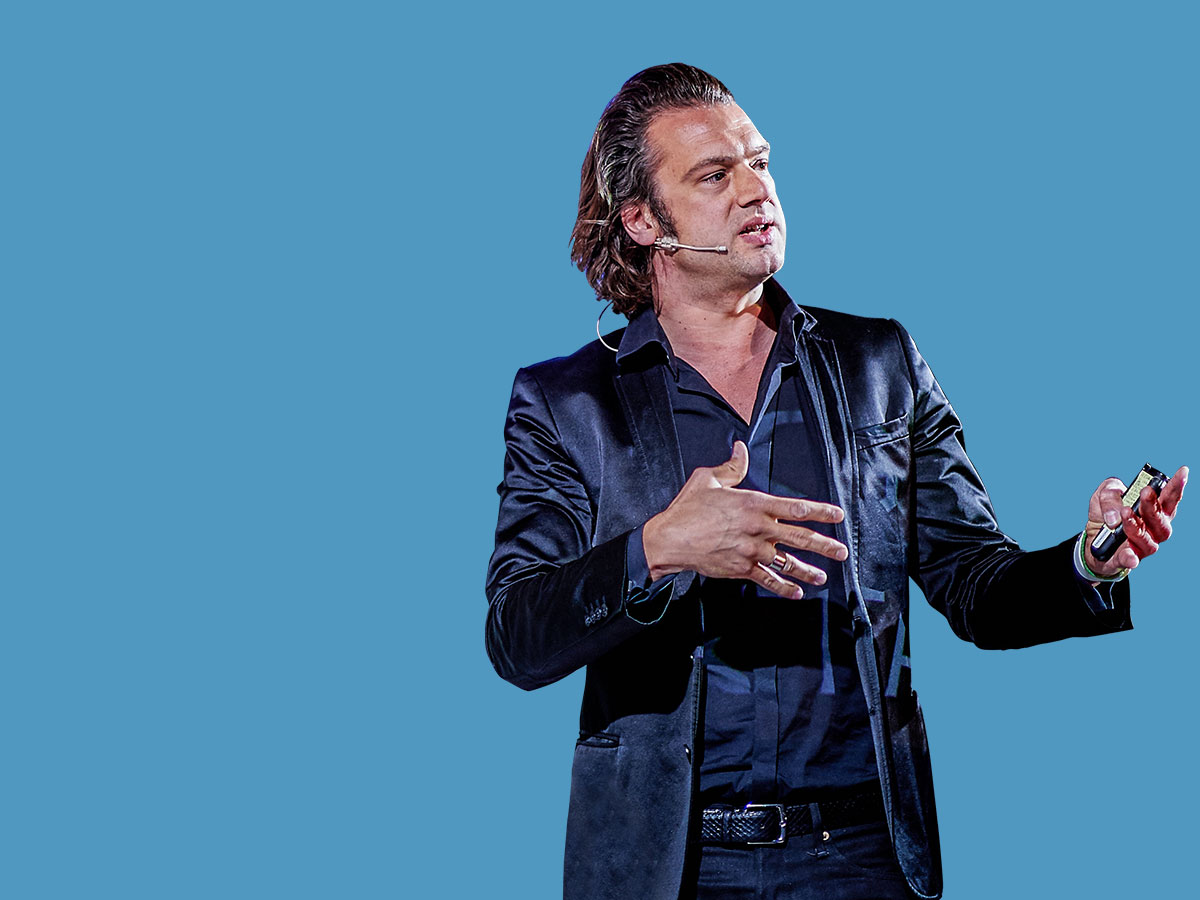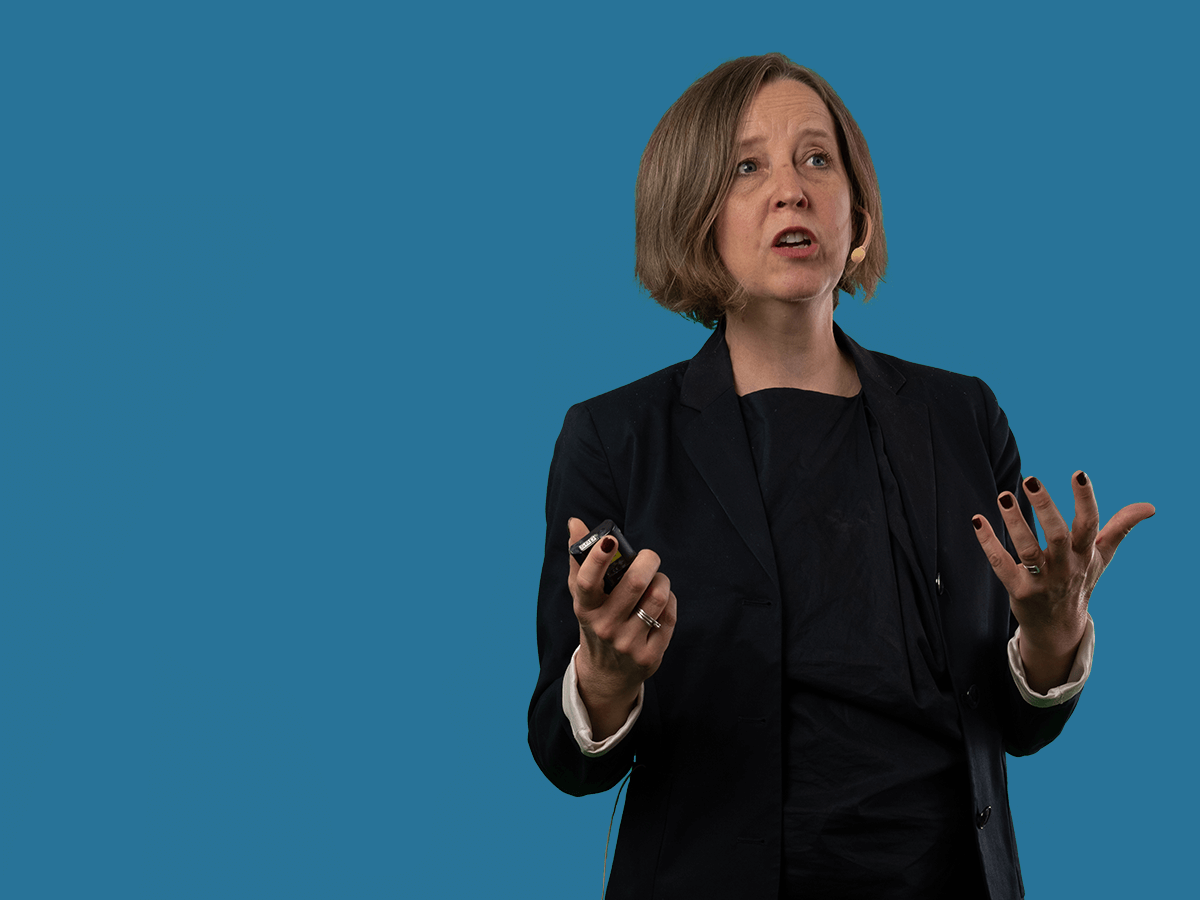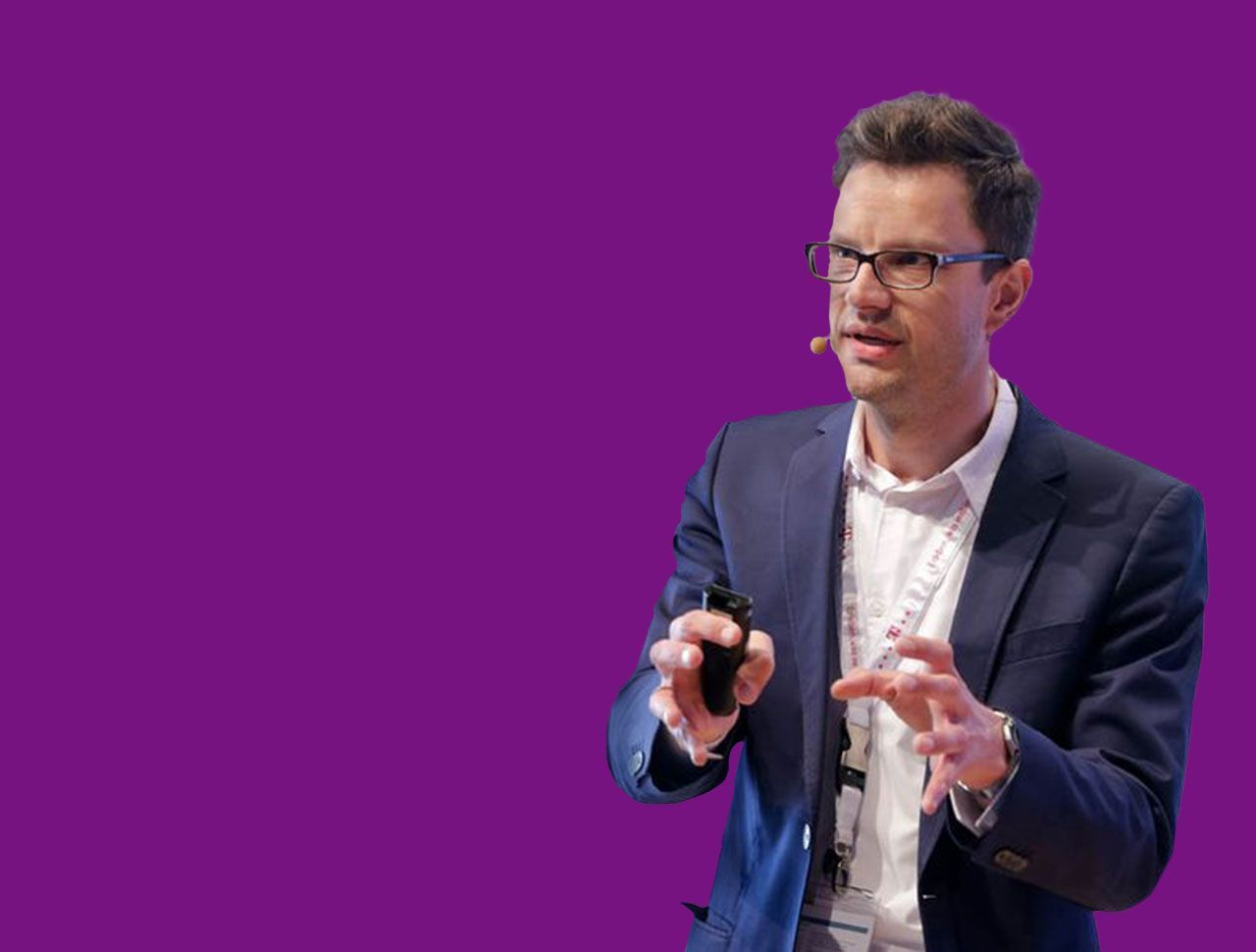The evolution of our mobility
In the multi-mobile age, we are now more mobile than ever before. Based on a continuously growing number of innovative mobility forms, different means of transport are used according to the particular mobility need. The individual mobility chain ranges widely, from private forms of transport like the car and e-bike, to public transport by bus and train, through to shared options including car-sharing, taxi alternatives, rental bikes and e-scooters. New types of individual transport, movement of goods, as well as transport and logistics are emerging as part of the answers to the challenges of our times. On the way towards a post-carbon society, smart multi-mobility is always automated, connected and shared.
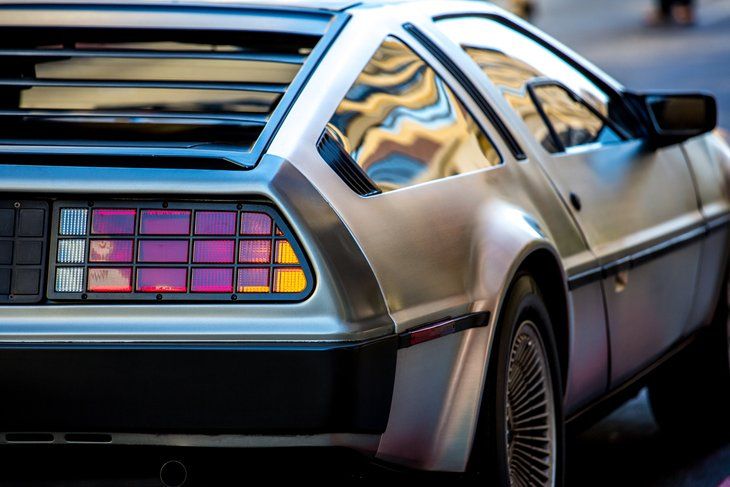
The multi-mobile future has already begun
The development of new mobility concepts has far-reaching effects on our lives, work and business world. The accompanying changes to entire industries in the context of individualisation and digitisation quickly create new market structures and business models for the topic of mobility and logistics.
Goods logistics as the global economy’s operating system
Our speakers
Our experienced speakers are trend experts, future motivators and sparkling sources of inspiration. You can look forward to new perspectives for your business – as inspiring keynotes live on stage or in virtual form as online trend keynotes.
